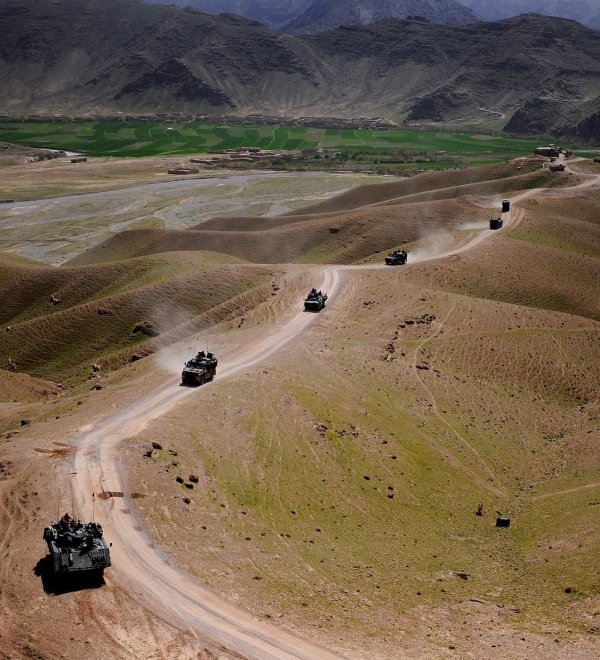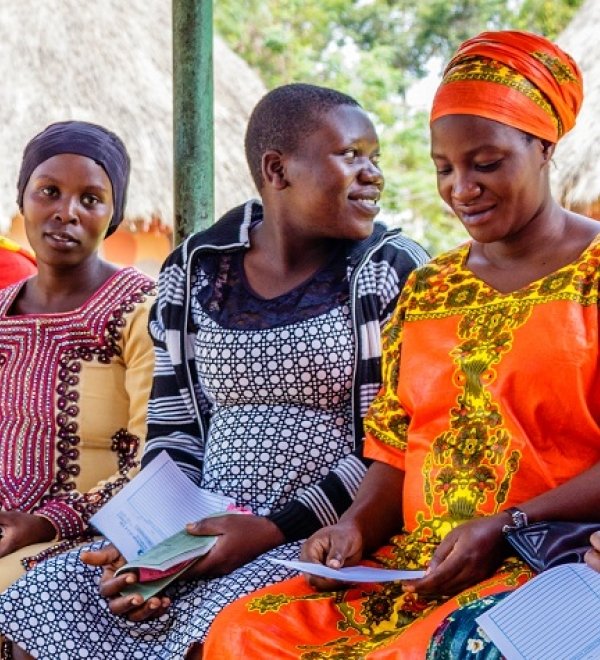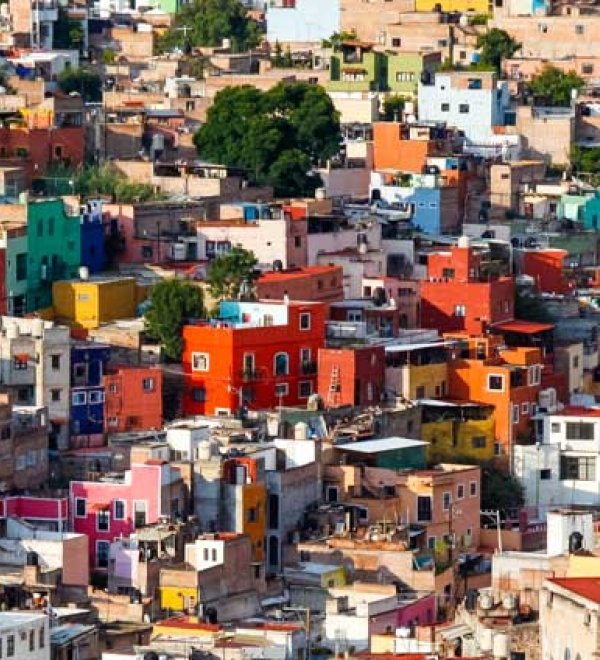
Global Risk and Resilience Program
The Global Risk and Resilience Program (GRRP) seeks to support the development of inclusive, resilient networks in local communities facing global change. By providing a platform for sharing lessons, mapping knowledge, and linking people and ideas, GRRP and its affiliated programs empower policymakers, practitioners, and community members to participate in the global dialogue on sustainability and resilience. Empowered communities are better able to develop flexible, diverse, and equitable networks of resilience that can improve their health, preserve their natural resources, and build peace between people in a changing world.
Explore our Programs

Environmental Change and Security Program
The Environmental Change and Security Program (ECSP) explores the connections between environmental change, health, and population dynamics and their links to conflict, human insecurity, and foreign policy.

Maternal Health Initiative
The Wilson Center’s Maternal Health Initiative (MHI) is dedicated to improving the lives of women, adolescents, and children around the world. MHI convenes experts from around the world to discuss solutions to end preventable maternal and newborn deaths and to navigate gender-based global health issues and their links to foreign policy. MHI explores a wide range of policy-related topics, including gender equity, global health, health care workforce and systems, caregiving, gender-based violence, workforce participation, girls’ education, and sexual and reproductive health and rights. MHI is globally focused with additional attention to women and girls living in humanitarian settings.

Polar Institute
Since its inception in 2017, the Polar Institute has become a premier forum for discussion and policy analysis of Arctic and Antarctic issues, and is known in Washington, DC and elsewhere as the Arctic Public Square. The Institute holistically studies the central policy issues facing these regions—with an emphasis on Arctic governance, climate change, economic development, scientific research, security, and Indigenous communities—and communicates trusted analysis to policymakers and other stakeholders.

Urban Sustainability Laboratory
Since 1991, the Urban Sustainability Laboratory has advanced solutions to urban challenges—such as poverty, exclusion, insecurity, and environmental degradation—by promoting evidence-based research to support sustainable, equitable and peaceful cities.
See our newest content first.
Subscribe for updates about new events, articles, videos, and more.
